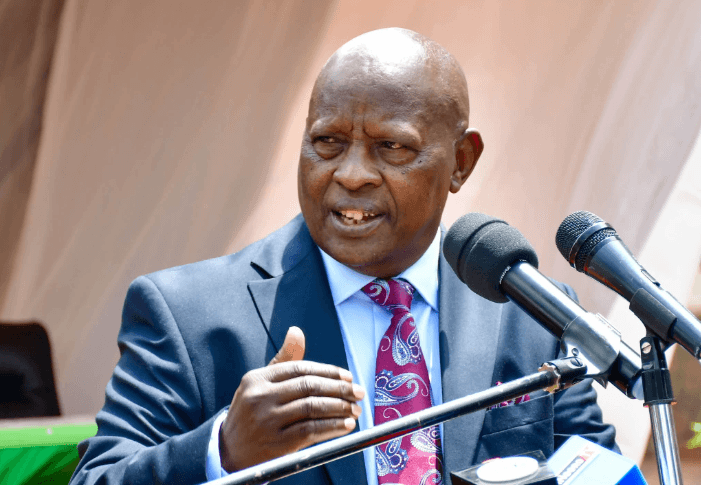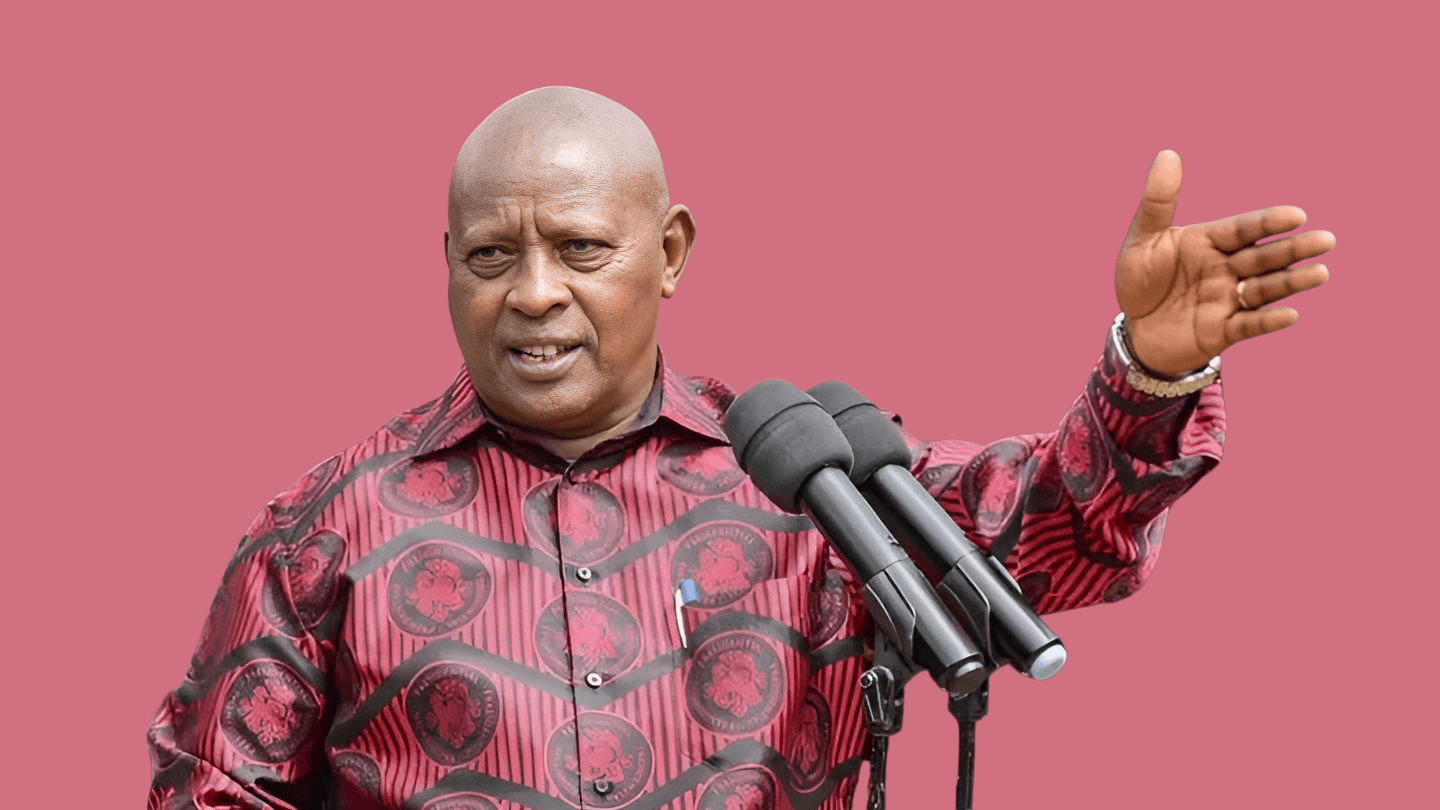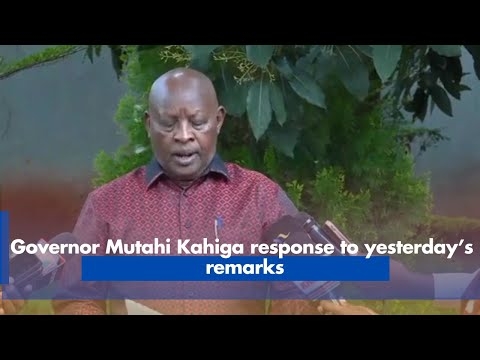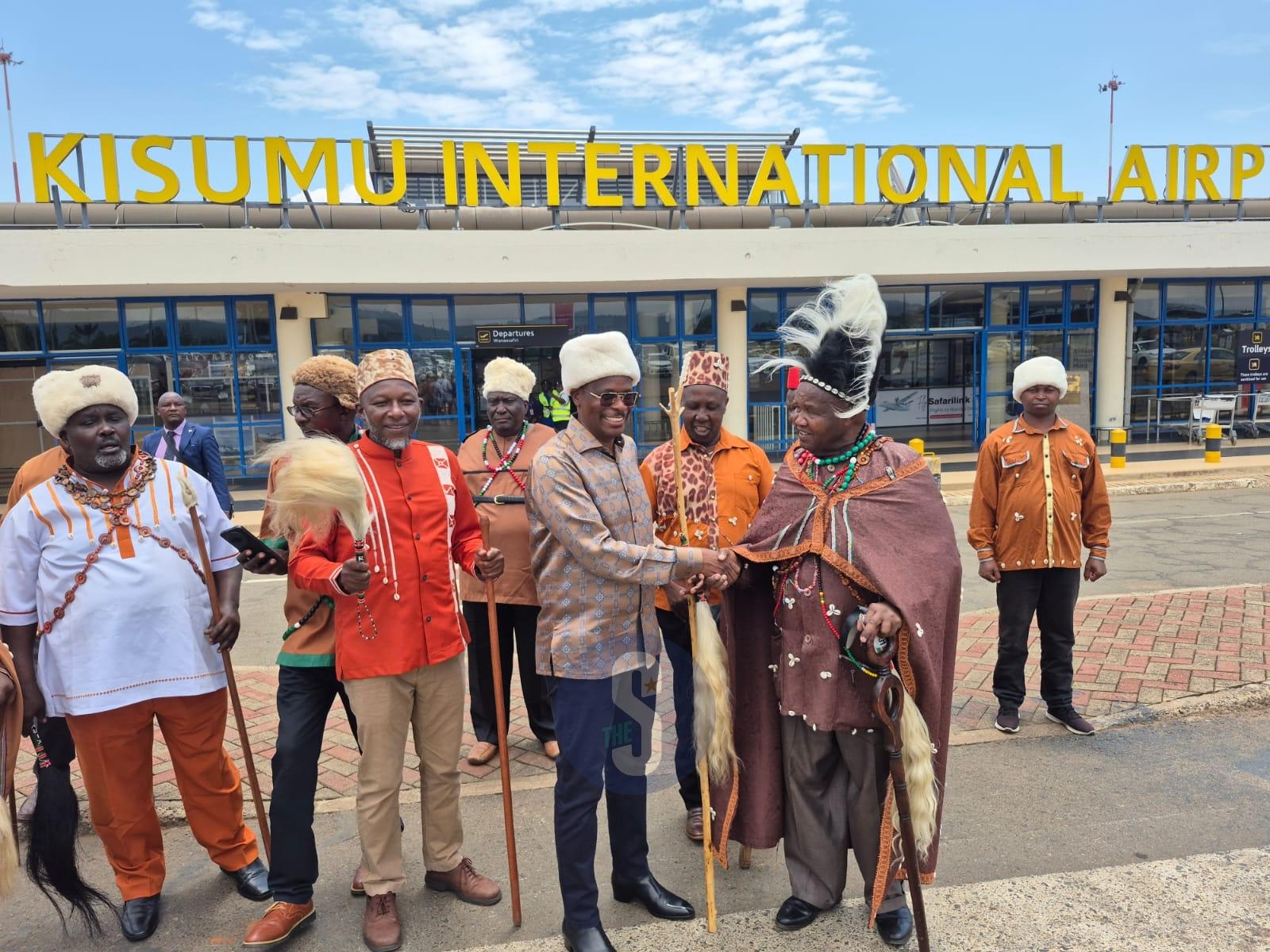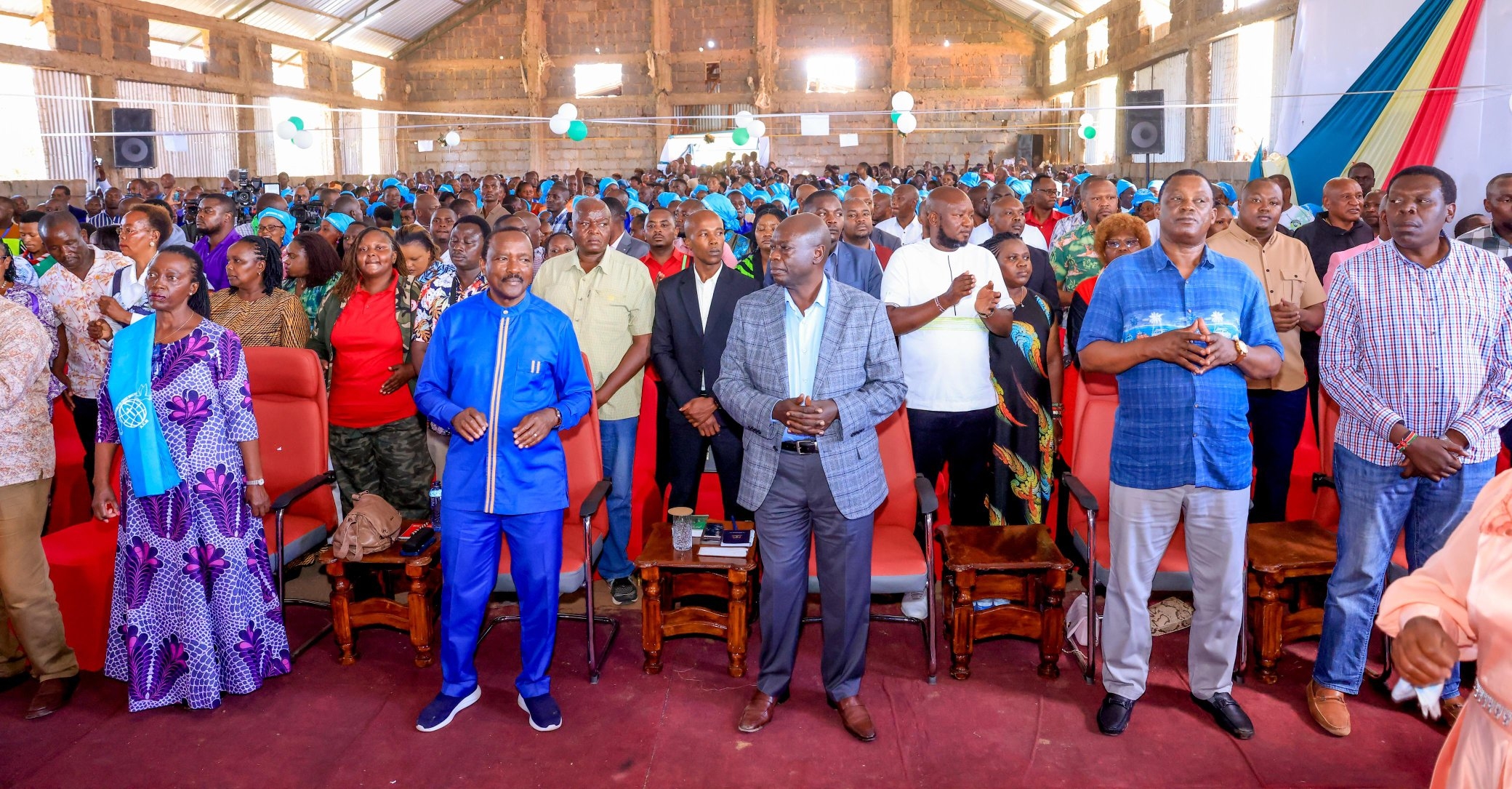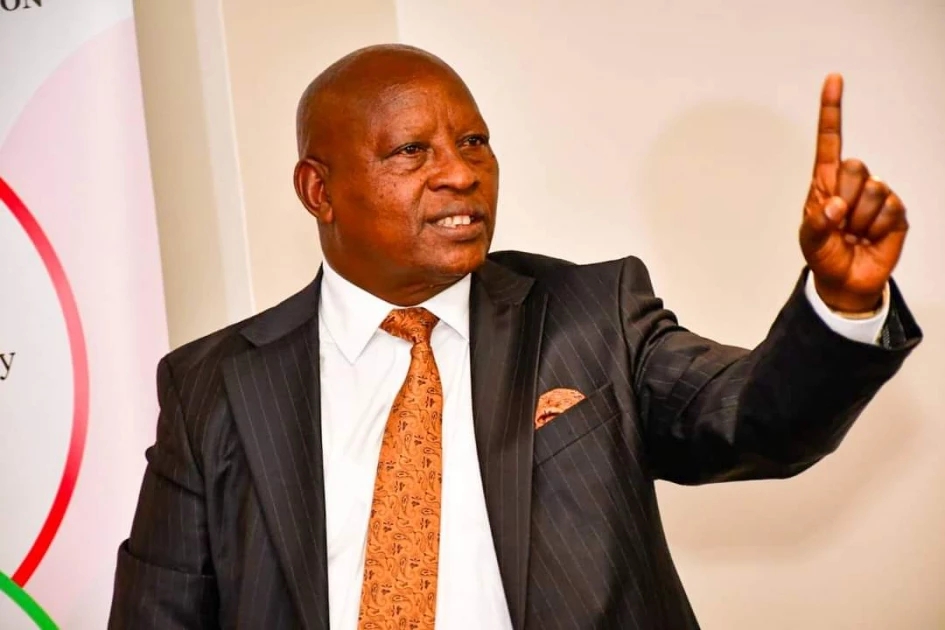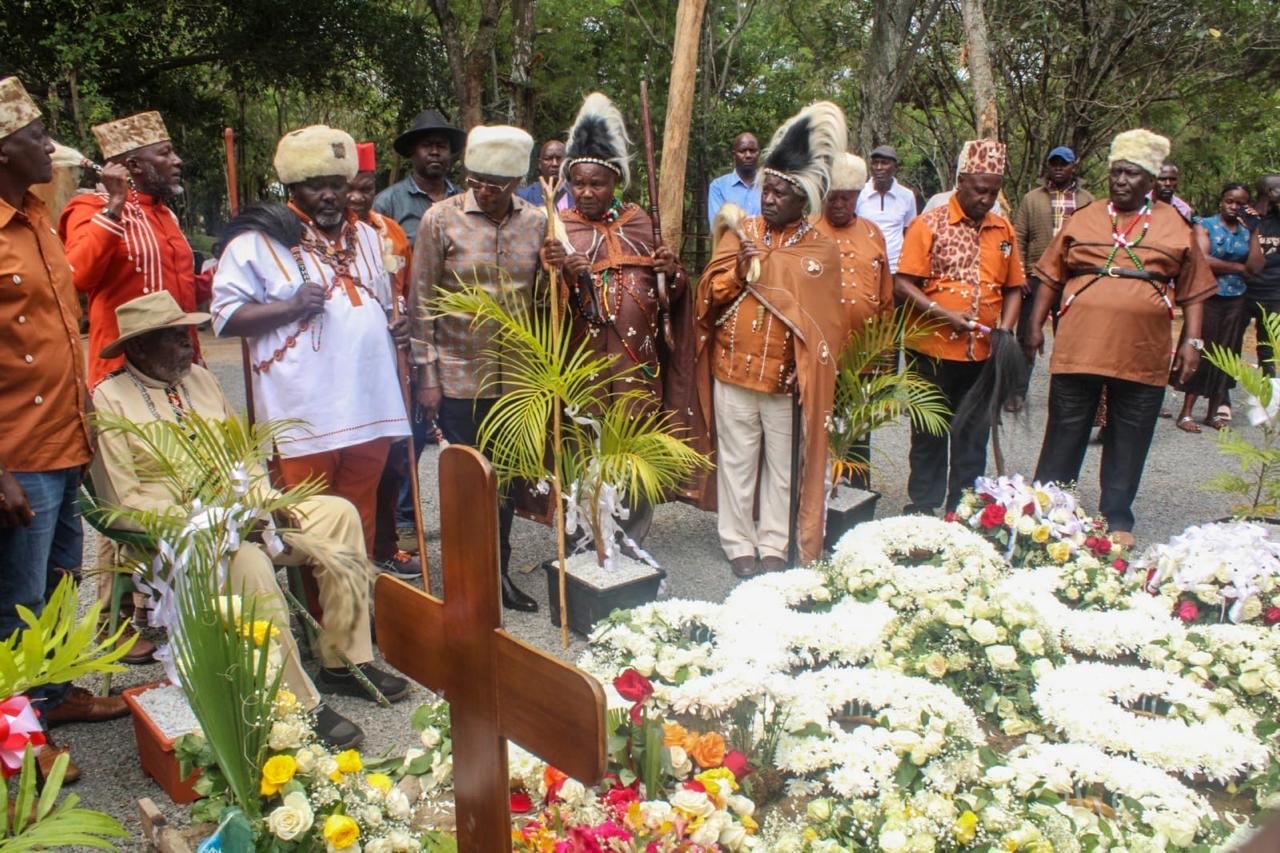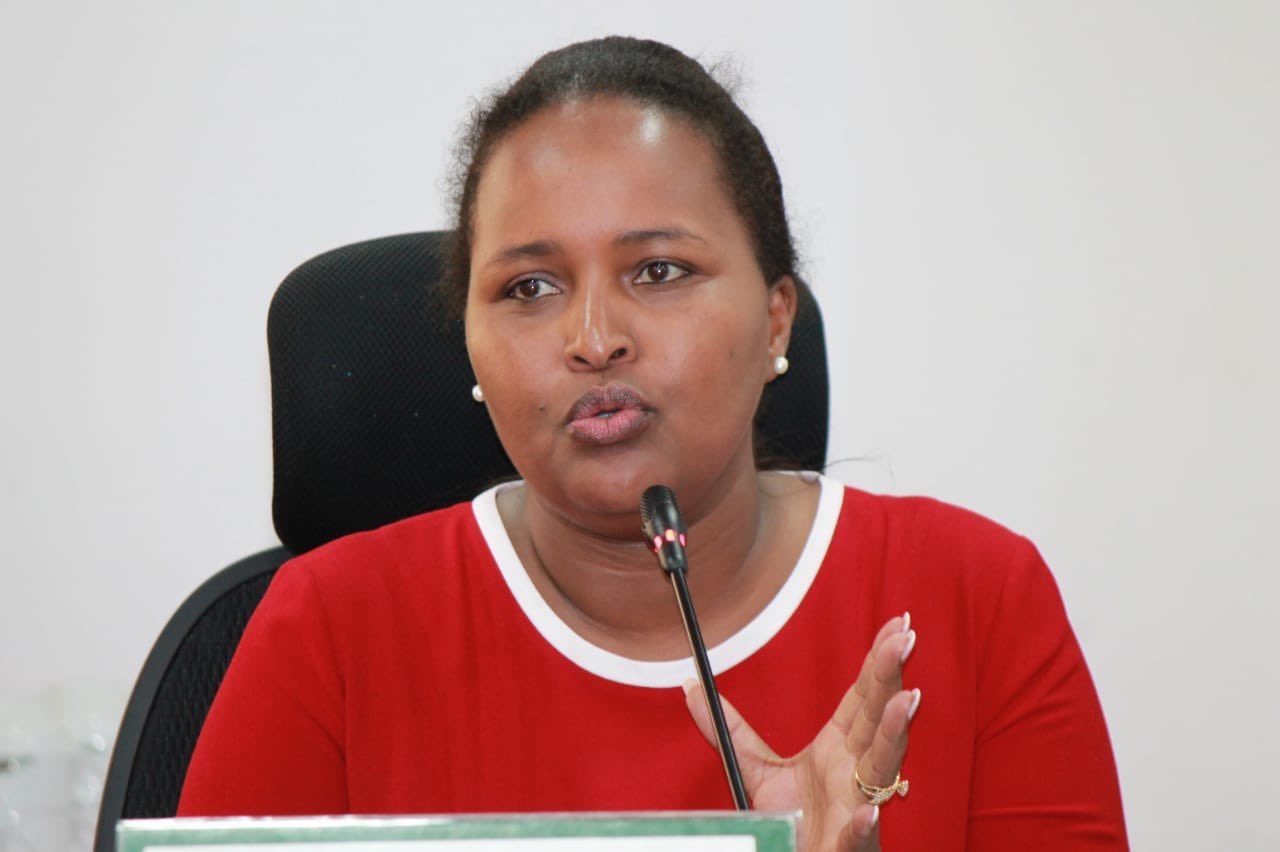The African Court on Human and Peoples’ Rights is the judicial arm of the African Union and one of the three regional human rights courts together with the European Court of Human Rights and the Inter-American Court of Human Rights.
According to its official website, it was established to protect human and people’s rights in Africa through the delivery of judgments.
The Court has its permanent seat in Arusha, Tanzania.
It was established by virtue of Article 1 of the Protocol to the African Charter on Human and Peoples’ Rights on the Establishment of an African Court on Human and Peoples’ Rights (the Protocol).
The Protocol establishing the African Court on Human and Peoples’ Rights was adopted on June 9, 1998, in Burkina Faso.
It was enforced on January 25, 2004, after it was ratified by more than 15 countries.
Only 34 Member States have currently ratified the Protocol establishing the African Court.
Malabo Protocol extends the jurisdiction of the yet-to-be-established African Court of Justice and Human Rights (ACJHR) to crimes under international law and transnational crimes.
The Court will have jurisdiction to try 14 different crimes, including genocide, crimes against humanity and war crimes.
The Malabo Protocol will be ratified within the next three months with October as the deadline.
However, Kenya will ratify it in September after President William Ruto signed the African Union Law that establishes a Court of Justice for the Continent.
The President signed the Malabo Protocol Act on July 24.
The AU adopted the Malabo Protocol in 2014 with the aim of introducing a regional accountability mechanism and reinforcing the concept of African solutions for African problems.
Kenya had not assented to the protocol since then.
The Court has jurisdiction to hear complaints concerning human rights violations allegedly committed by any of its member states.
The complaints can be submitted to the court by the African Commission, a State party, or an African intergovernmental organization.
The circumstances include; war crimes, genocide, and crimes against humanity and a serious threat to legitimate order to restore peace and stability to the Member States of the Union.
According to the Act, the AU intervenes upon the recommendation of the Peace and Security Council (PSC) of the African Union.
The PSC of the Union remains the standing decision-making organ for the prevention, management, and resolution of conflicts in its member states.
Initially, civil society groups had complained that by signing this Protocol, President Ruto was shielding himself from the International Criminal Court in case he commits a crime that the international court handles.
However, government officials have since clarified that the signing of the Malabo Protocol has nothing to do with ICC.


